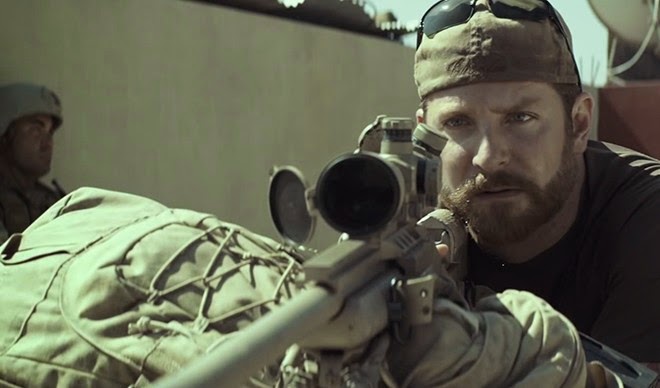Fanhokkayan #2: Transforming the Progressive to the Decolonial

My first forays into the world of public discourse and engagement came on the pages of the Pacific Daily News through letters to the editor. For years I conducted research in the Micronesian Area Research Center library and through interviews with politicians, activists and manåmko', but the thoughts and ideas that were spawning in my head didn't have many outlets save for discussions in classes or with trusted elders or friends. In 2004 I gave my first public presentation on the issue of decolonization or critical Chamorro Studies, when I shared a section of my research at a forum titled "World War II is it Over?" organized by the Guam Humanities Council at the Agana Shopping Center. I spoke alongside Dr. Patricia Taimanglo, the late historian Tony Palomo and Guam military historian Jennings Bunn. After that, I spent several years in graduate school presenting at conference around the US, often times to empty rooms, as Guam papers tended to be very low on the prior




